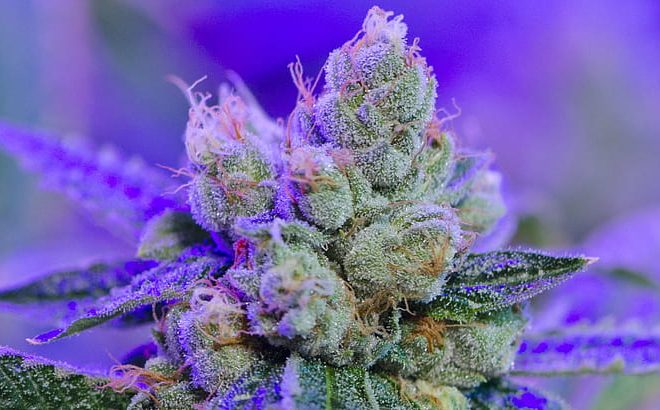
High Hopes: Cannabis as Medicine in Modern Healthcare
In recent years, the landscape of healthcare has been undergoing a paradigm shift, and one area that has sparked significant interest is the integration of cannabis as a therapeutic agent. Once stigmatized and demonized, cannabis is now emerging as a potential game-changer in modern medicine. With a rich history of medicinal use dating back centuries, this plant is finding its way back into the spotlight, driven by mounting scientific evidence and changing perceptions.
Cannabis contains numerous active compounds, most notably delta-9-tetrahydrocannabinol (THC) and cannabidiol (CBD), which interact with the endocannabinoid system in the human body. This intricate network of receptors and neurotransmitters plays a crucial role in regulating various physiological processes, including pain perception, mood, appetite, and immune response. Researchers are now harnessing these interactions to develop treatments for a range of medical conditions.
Chronic pain is one area where cannabis has shown promise. Traditional pain management often involves opioids, which can lead to addiction and other adverse effects. CBD, a non-psychoactive component of cannabis Marijuana, has demonstrated potential in alleviating pain without the risk of addiction. Moreover, cannabis-based treatments are being explored for conditions like multiple sclerosis, epilepsy, and even certain types of cancer.
The mental health realm is also witnessing the therapeutic potential of cannabis. CBD has gained attention for its anxiolytic and antipsychotic properties. It’s being investigated for its role in managing anxiety disorders, post-traumatic stress disorder (PTSD), and even schizophrenia. However, it’s important to note that the effects of cannabis on mental health can vary widely depending on the specific compounds and dosages used.
As the medical community delves deeper into cannabis research, questions surrounding its safety, efficacy, and proper usage come to the forefront. Rigorous clinical trials are essential to establish standardized protocols and to determine which conditions can benefit most from cannabis-based treatments. Regulatory frameworks must also evolve to ensure patient access while maintaining quality control and safety.
Nevertheless, challenges persist. The lack of consistent regulations and the stigma associated with cannabis can hinder progress. Physicians must be educated about cannabis’s potential benefits and limitations to make informed decisions for their patients. Public perception is slowly shifting, but misconceptions still abound, necessitating comprehensive public awareness campaigns.
In conclusion, the reintegration of cannabis into modern healthcare is a compelling avenue that holds substantial promise. The plant’s ancient medicinal history combined with contemporary scientific exploration underscores its potential to revolutionize pain management, mental health treatment, and various other medical fields. However, this journey is not without hurdles. Collaborative efforts among researchers, healthcare professionals, policymakers, and the public are imperative to navigate the complex path ahead. As science continues to unravel the mysteries of cannabis, high hopes abound for a future where this once controversial plant contributes positively to the well-being of individuals around the world.


